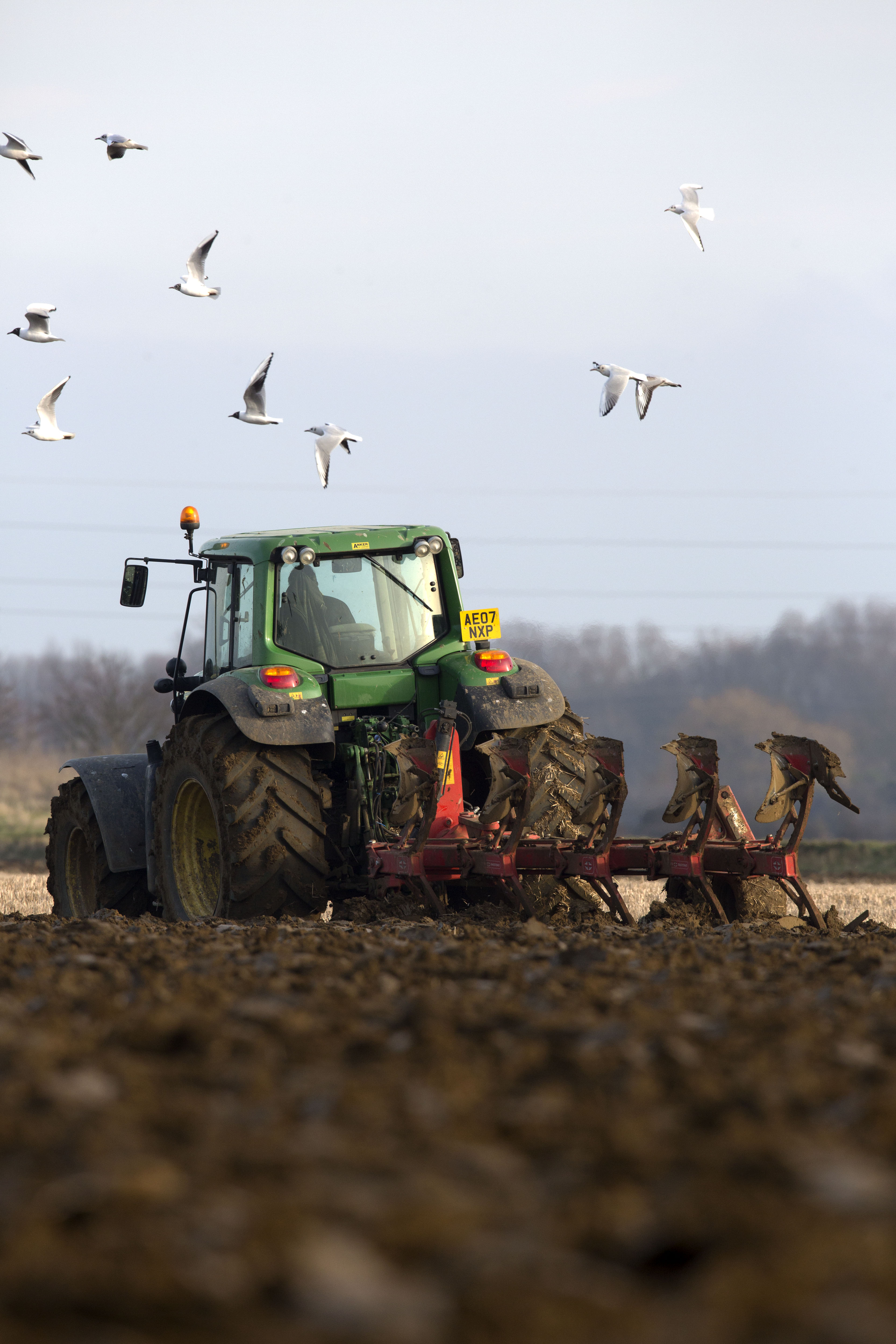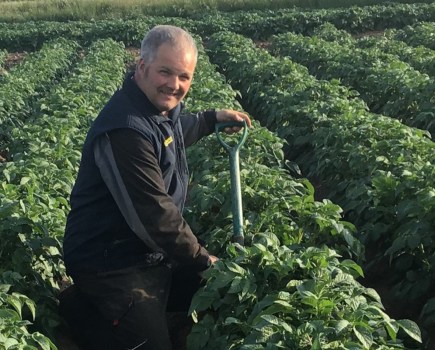 In farming families, the conversation inevitably comes back round to farming at some point, and so it was in mine on Christmas day. While feeling well fed and somewhat soporific in front of the fire, the mention of ‘earthworms’ and ‘abundant’ in the same sentence awoke my inner journalist, so much so that I asked for a recap on the bits I’d missed! The general gist was that the farm had taken part in a soil survey, part of a local water catchment study, and the results had revealed a very healthy population of earthworms in all of the fields that had been tested.
In farming families, the conversation inevitably comes back round to farming at some point, and so it was in mine on Christmas day. While feeling well fed and somewhat soporific in front of the fire, the mention of ‘earthworms’ and ‘abundant’ in the same sentence awoke my inner journalist, so much so that I asked for a recap on the bits I’d missed! The general gist was that the farm had taken part in a soil survey, part of a local water catchment study, and the results had revealed a very healthy population of earthworms in all of the fields that had been tested.
The reason it caught my attention was because all of the farm is ploughed every year and has been since 1937, when arable crops were planted as part of the effort to feed the nation. That made it a curious result as all the messages surrounding ‘soil health’ seem to indicate min till and no till operations provide more favourable conditions than the deep disturbance of the plough. So clearly this doesn’t always hold true. So I began to wonder why this should be and whether the plough, which has become the pariah of the cultivation world, really deserves it’s bad PR.
My ‘father-in-law’, Graham, is a tidy farmer and his crops always look well. Mind you, he’s had plenty of practice being an active octogenarian who does everything himself on the farm. As a young man he won the local ploughing match, the one and only time he decided to enter. So he knows how to plough well and he has that knack of catching the ground just right. He’s not one to buy the newest tractor or get excited by the thought of having more horse power than he actually needs. So perhaps ploughmanship, timeliness and non-weighty kit play a part in maintaining the soil in a condition where earthworms can thrive, even after the inversion of ploughing and the consequent invasion of seagulls which mop up the exposed wigglers in its aftermath.

Does the plough really deserve its bad PR?
But perhaps there’s more to it than that. If the biological health of the soil is good under a plough regime then surely deep soil cultivations can’t necessarily be always be bad. Is the industry focus on cultivations an oversimplification of what’s actually an enormously complex system? Other management factors include the crop rotation and the chemistry applied to the different crops within them. This is something which isn’t often factored into determinations of soil health, yet some of the chemistry used a long time ago has a very persistent effect. Aldrin, for instance oxidises to dieldrin, which can persist in the soil for sixty years. Although these chemicals are long gone, there are plenty of other organochlorides and organophosphates which are similarly persistent.
In a new study, a team of scientists at Wageningen University analysed surface soil samples from 11 European countries, searching for traces of pesticides. The project, ‘Pesticide residues in European agricultural soils: a hidden reality unfolded’, concluded that 83% of samples contained pesticide residues (76 different types of compounds). 58% of those were mixes of pesticides, with the remaining 25% from a single type of substance. Glyphosate, DDT (banned since the 1970s) and broad-spectrum fungicides were the main compounds detected.
While some of these may well be benign, how much do we know about the effect of others on the soil biome? So although cultivations can undoubtedly have an effect on the biology of the soil, just perhaps there are other factors at play which means the principle of ‘min till is better’ doesn’t necessarily apply to all farming systems.
The debate around soil health has become even hotter since the Government indicated future payments to agriculture will be made on the basis of public money for public goods. Already Mr Gove has made the link between soil health and cultivations, but since the soil is a complex living-system, there can be no one-size-fits-all approach to farming.
It’s incredibly important that farmers, like Graham, who are using the plough and managing to maintain a burgeoning population of earthworms aren’t penalised under any terms in the new Agriculture Act because they’re not doing what is presumed to be a more soil-friendly approach.




